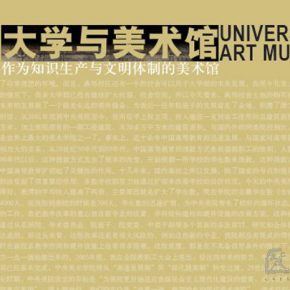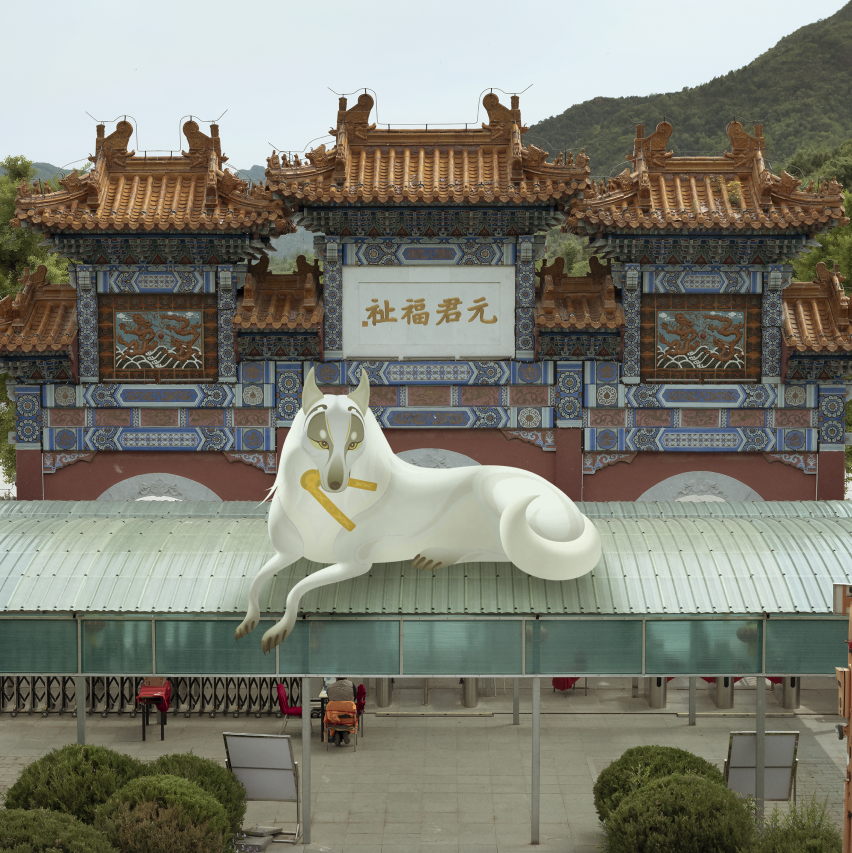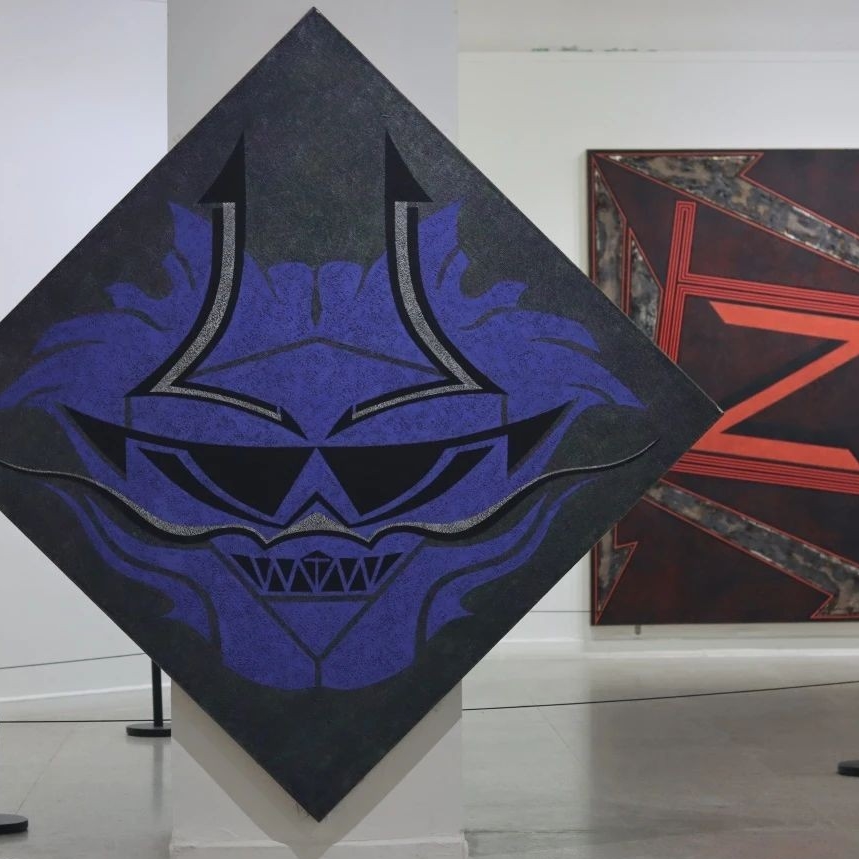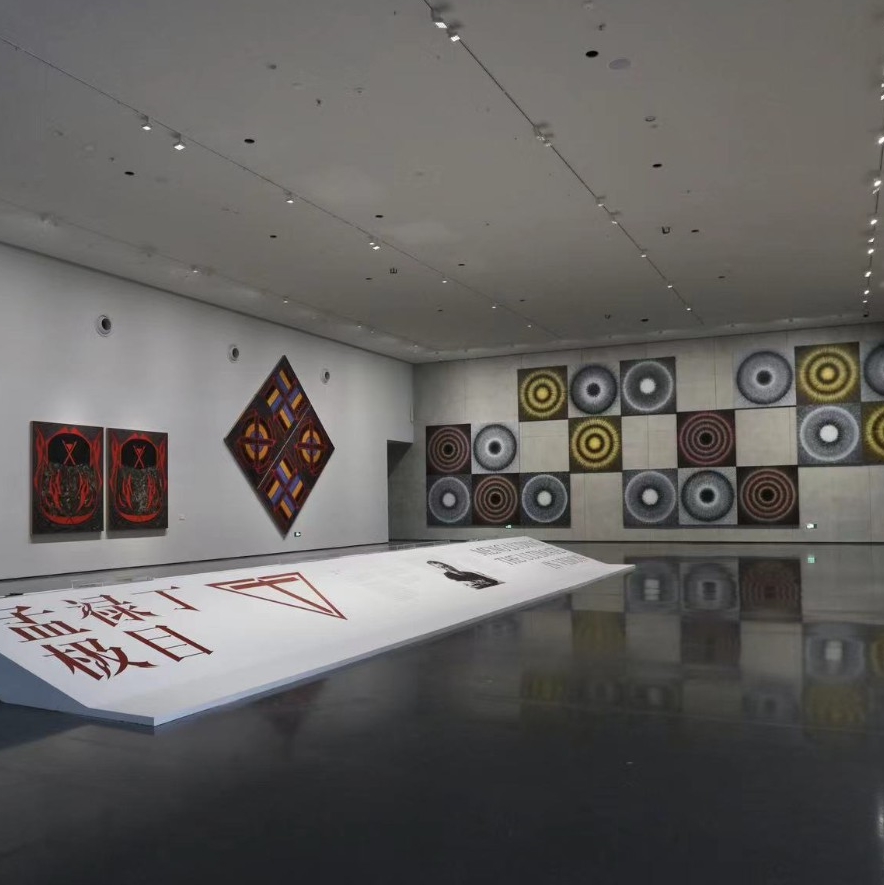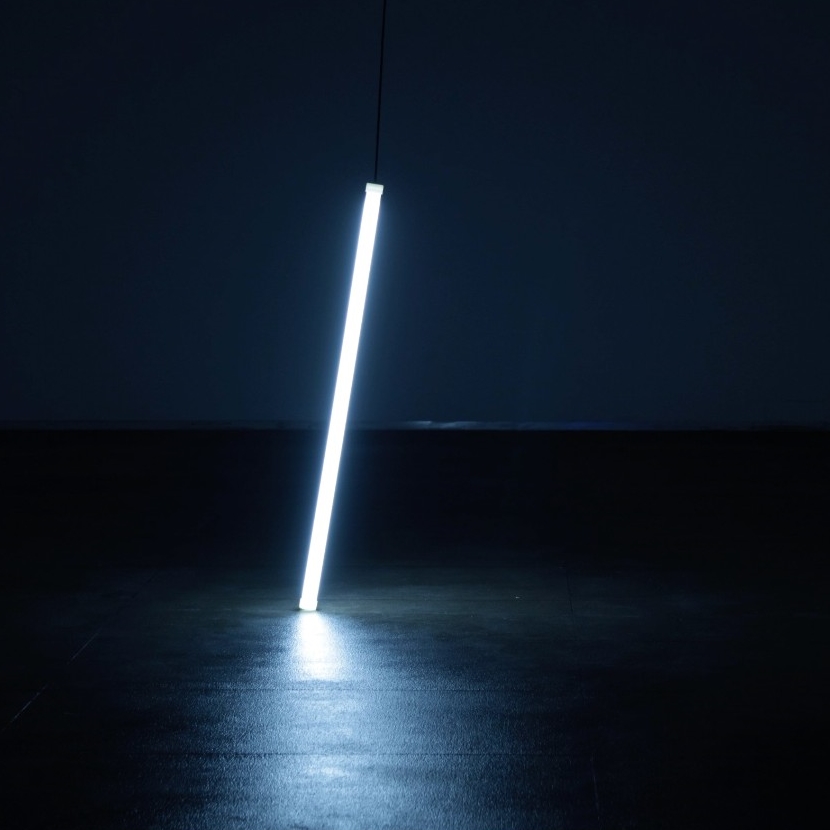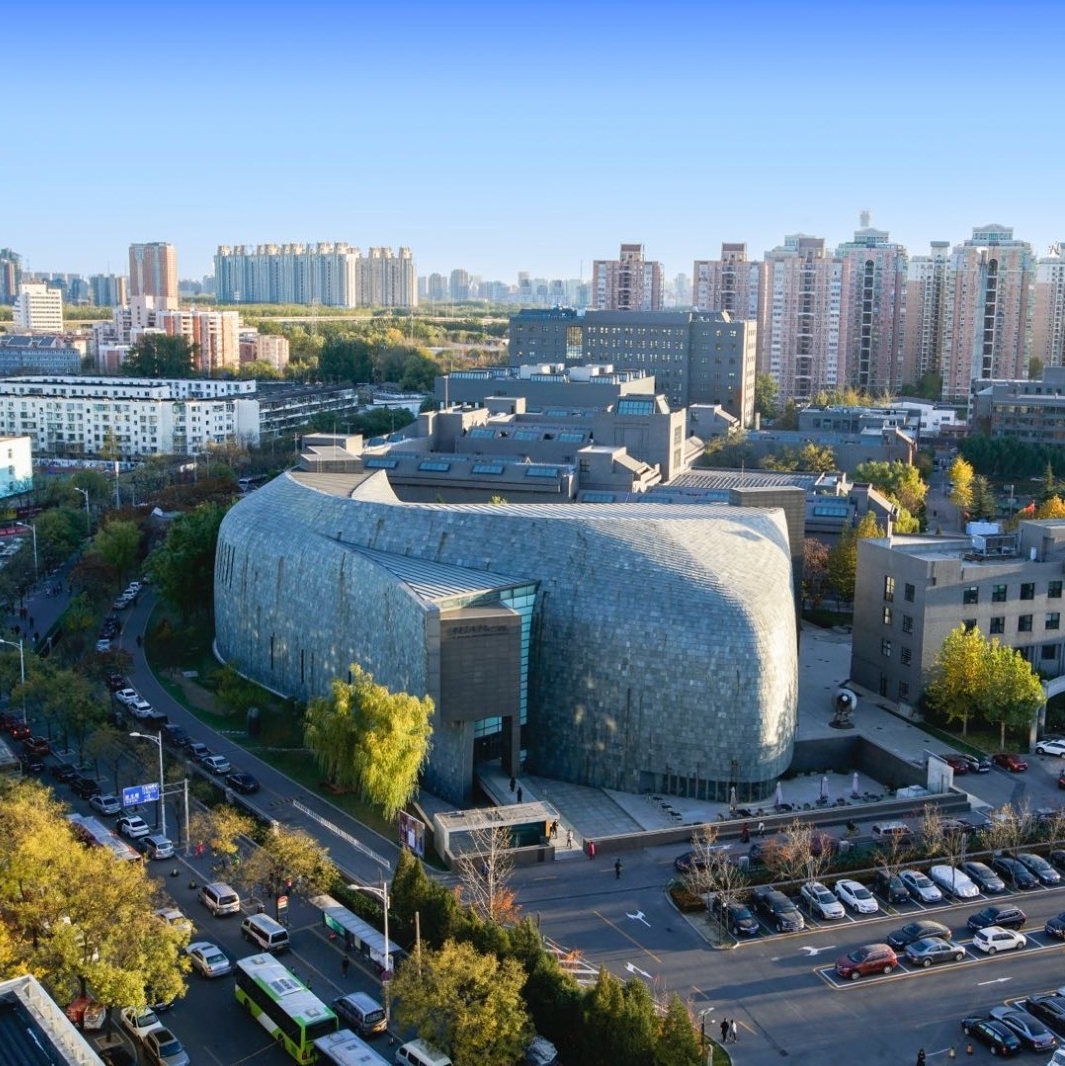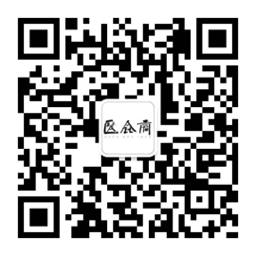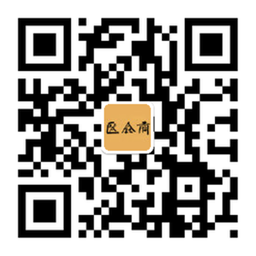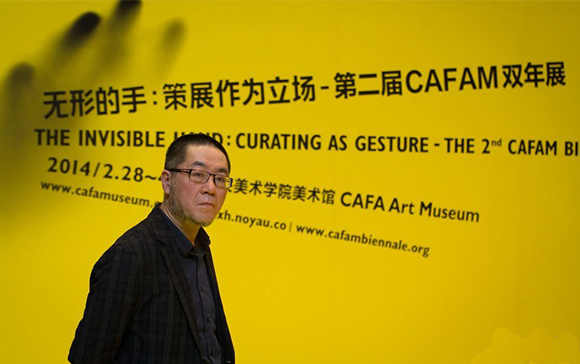
CAFA Art Museum (abbr. CAFAM) is one of the most influential museums at any university at home and abroad, an exhibition space of high academic standards in China, the auditorium where the pioneering artistic ideas on exchange collide. It is certain that the development and status of the development and position of CAFA Art Museum is inseparable from the efforts and contributions of the former Director of CAFA Art Museum Wang Huangsheng.
On May 25, 2017, CAFA issued a notice which reads that “Depending on the development requirement of CAFA, Zhang Zikang is officially appointed as Director of CAFA Art Museum.” The handover ceremony of the director was finished at CAFA Art Museum, which also means that Wang Huangsheng has finished the duty of director after 8 years and gives a reply to CAFA Art Museum. On May 25, Wang Huangsheng was specially interviewed by CAFA ART INFO, to talk about both his experiences and methods of operating the museum, as well as the vision for the development of the museum in the future.
In July, 2009, Prof. Wang Huangsheng was appointed as Director of CAFA Art Museum, and he has remained there for 8 years, during which CAFA Art Museum has held many valuable exhibitions, and has been highly praised at home and aboard. As the director of the art museum, what are your working ideas and management style during your tenure?
Wang Huangsheng: Time fleeted past so fast, though 8 years seems to be a while. I still remember that I went to Beijing to handle affairs at that time, through confusion I was appointed as the Director. During the eight years of work, the most valuable thing for me is that: the academic ideals and cultural attitudes of the art museum were like a contemporary art museum of university, gathering intellectuals. Seeing the exhibitions and events over the past years, I am concerned about these aspects:
First of all, the position: for example, independent planning of some large-scale exhibitions including “Social Sculpture: Beuys in China”, “The Third CAFAM Biennale: Negotiating Space”, “The Second CAFAM Biennale: Curating as Gesture” and the related academic activities, and the publication of “University and Art Museum”, as well as pioneering social public educational activities, these exhibitions, texts and activities attempt to reflect and promote the Chinese contemporary art museums and intellectual artists towards cultural ideas, ideals and attitudes: intervention in society; realistic care; conceptual innovation; advocating, attempting and practicing the democracy of culture; the experimental spirit with a clear attitude, position, questioning and thinking; and the ability to practice.
Secondly, the method: during these years, we attach great importance to trying in aspects of art curatorial methodology, for example, the fieldwork-nominated curatorial method is applied in two future exhibitions of CAFAM, the innovative model used by the third & second CAFAM Biennial, etc., the attempt and application of the methodology itself embodies innovative experiments and cultural positions of the practice of art exhibitions.
Thirdly, the history of art: focusing on the research of the relationship between the history of art and reality, for example, a series of academic activities and research on collections of “National Beiping Art School – CAFA”, the discovery, proof and research on “Li Shutong’s oil painting”, research and exhibitions of the collections in the “young age of fine arts in new China”, etc., enriching and deepening the history and collections of CAFA, as well as research on the history of Chinese contemporary art.
Fourthly, management: standardized and open management ideas and specific work, including the improvement of the artistic administration, management of exhibition system and collection system, the establishment of academic research mechanism and social cooperation mechanism, and the concept and practice of public social service.
What is the biggest pressure for you in this period?Wang Huangsheng: In fact, any so-called “pressure” is from the inner heart. If you want to make it better, your pressure is bigger; if you adapt to other people’s disposition, it will be very stressful. Of course, the nature of these two pressures are different.
Do you feel sorry for anything that is not finished?Wang Huangsheng: Life has always had regrets, which include one’s own ability, and also some works and ideas which have not been totally understood and spread, acting on the community. Of course, things have never been finished. Specifically the collection system of contemporary art of CAFA has not been able to be effectively established and perfected, although on the occasion of the 100th anniversary of the establishment of CAFA in the recent stage and being greatly supported by many artists, great improvements have been achieved, this work needs to be further adhered to and systematized.
Would you like to share what you expect in the development of CAFA Art Museum in the future and your plan after departing from the CAFA Art Museum?Wang Huangsheng: Zhang Zikang is taking over the job and the stable & competent team of CAFA Art Museum is able to create a more brilliant future! After I depart from the art museum I will first throw myself into the doctoral teaching work, I am the mentor for three doctoral research directions with heavy teaching missions including “Studies of Art Museum", “Museum and Cultural Policy” and “Curatorial Practice and Visual Communication”. On the other hand, the working practice and observation & thinking of the art museum over the years, has accumulated a lot of texts, so I have time to carefully look through them and carry out related writing & research. Eventually, I hope to be a more professional artist. I have been an amateur for many years, although I have badly wanted to do it for many years, and now I have time to be engaged in my art, and let it be. In addition, I also have some projects and exhibitions which are in process.
And then Zhang Zikang takes over the position of Director of CAFA Art Museum, would you like to talk about your view on Zhang Zikang?Wang Huangsheng: Zhang Zikang has always been my good friend! He is also one of the directors that I respect. When I was Director of the Guangdong Museum of Art, I was very concerned about his leadership and the social development methods of Today Art Museum, secretly learning a lot from him. He is a character with managerial skills and a powerful social ability and pioneering spirit, and his artistic and academic potential can’t be underestimated, I believe that he will bring a new look and new achievements to CAFA Art Museum! This opportunity allows me to thank all leaders of CAFA, teachers, scholars, artists, CAFA Art Museum’s staff and students, who support and help me! Thank you very much!
Courtesy of Wang Huangsheng and CAFA ART INFO, translated by Chen Peihua and edited by Sue/CAFA ART INFO



